When it comes to the future of AR smartglasses, DigiLens has one word for you. Just one word. Are you listening? Plastics.
On Thursday, the waveguide maker and its strategic investment and production partners Mitsubishi Chemical Corporation (MCC) will begin producing the first-ever waveguides made of plastic instead of glass for use in AR smartglasses and headsets.
Using a proprietary photopolymer and holographic contact copy manufacturing process, DigiLens' plastic waveguides perform comparably to glass waveguides while weighing considerably less and, over the long-term, costing less to produce.
"DigiLens' vision is to allow people to perceive the world in a way that brings them material and personal value through new experiences," said Chris Pickett, CEO of DigiLens. "Rather than trying to be the XR product you buy, we are instead looking to be in every XR product or experience you buy by licensing our technology and future improvements to qualified suppliers or to OEMs for direct incorporation into their own products. Plastic sells and, with a powerhouse like MCC on board, it allows us to deliver the very best, most affordable, safest, and lightest waveguides on the market today."

DigiLens
In 2019, MCC, by way of its holding company, Mitsubishi Chemical Holding Corporation, and its strategic investment arm, Diamond Edge Ventures, participated in a $50 million funding round, along with Niantic and Samsung. Now, the plastics supplier is reaping a return on its investment, as DigiLens is the supplier capable of producing the plastic waveguides for AR wearables makers (or licensing the technology to others to produce).
"Plastic is an essential element for everyday life, and so critical to the ultimate success of waveguides and therefore XR glasses," said Johei Takimoto, managing executive officer of MCC. "As the leading material supplier for the global display market with a broad expertise in materials technology, MCC is excited to help make this plastic concept become reality – combining knowledge in molecular design, polymer formulation, and coating technology."
Along with its Design v1 reference design for smartglasses running on Qualcomm Snapdragon, DigiLens is serving as a catalyst toward the mainstreaming of AR smartglasses.
Moreover, with its recent technology and product advances, DigiLens also stands as an attractive acquisition target. Earlier this year, Snapacquired WaveOptics, the waveguide supplier for its Spectacles smartglasses. In 2018, Apple, with a rumored AR headset on the way, acquired Akonia Holographics, another waveguide maker.
It just so happens that two strategic investors of DigiLens, Samsung and Niantic, have signaled their own ambitions, in one way or another, in the consumer smartglasses race. The AR plot thickens.
Cover image via DigiLens





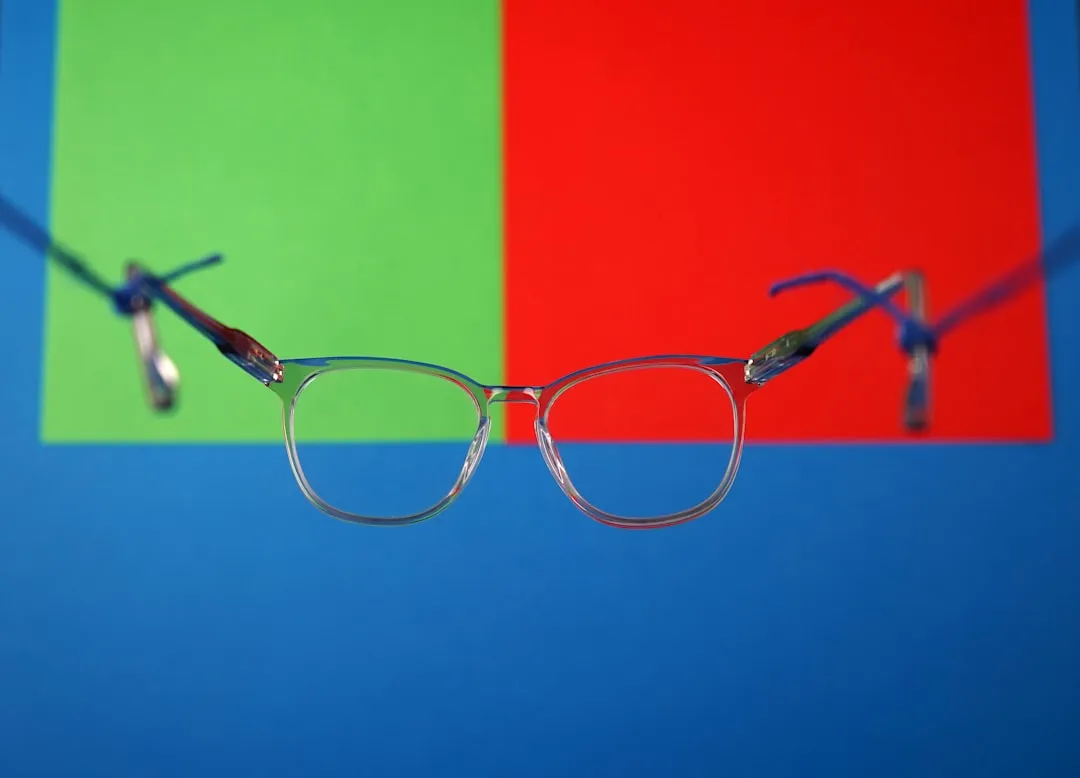




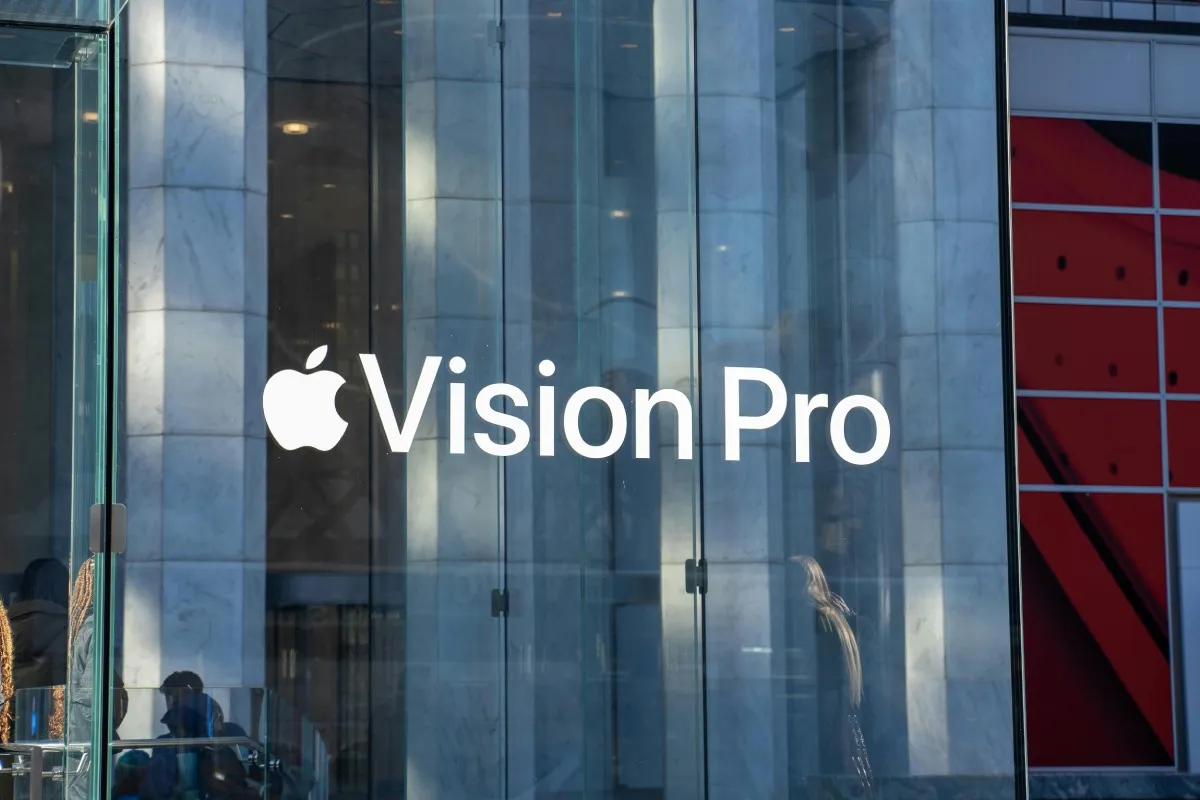

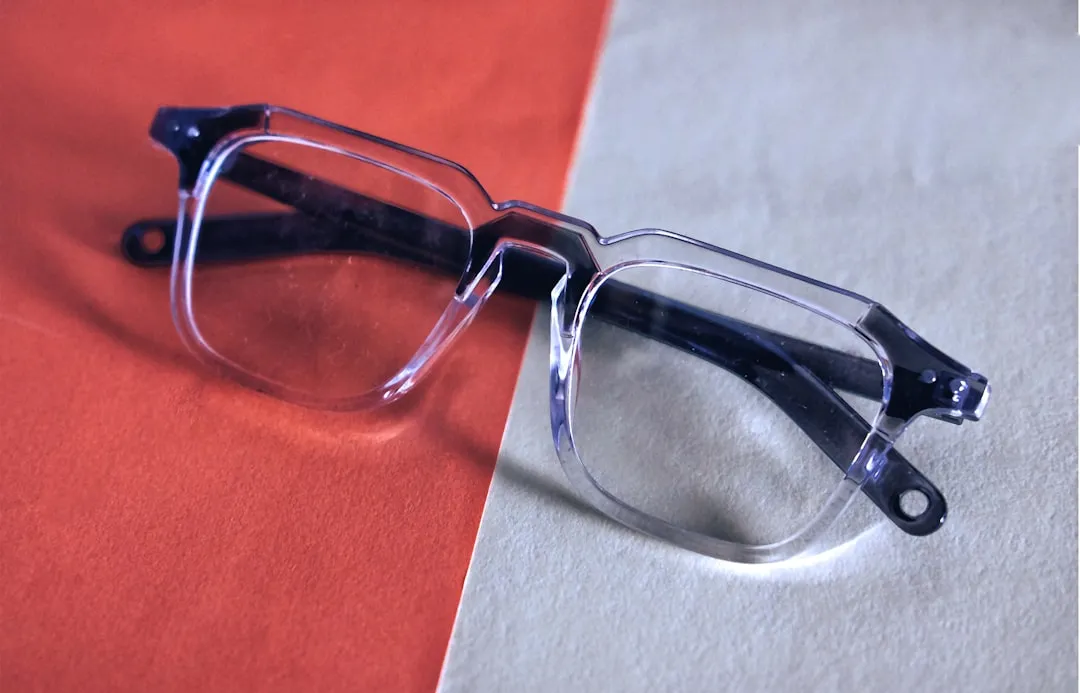


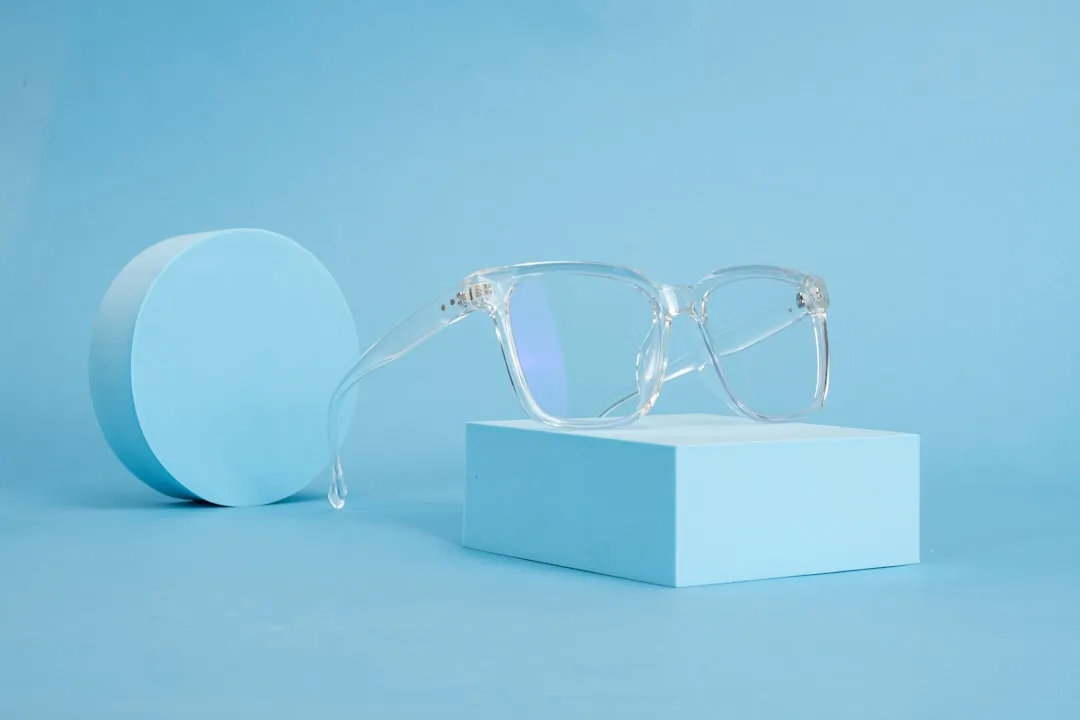
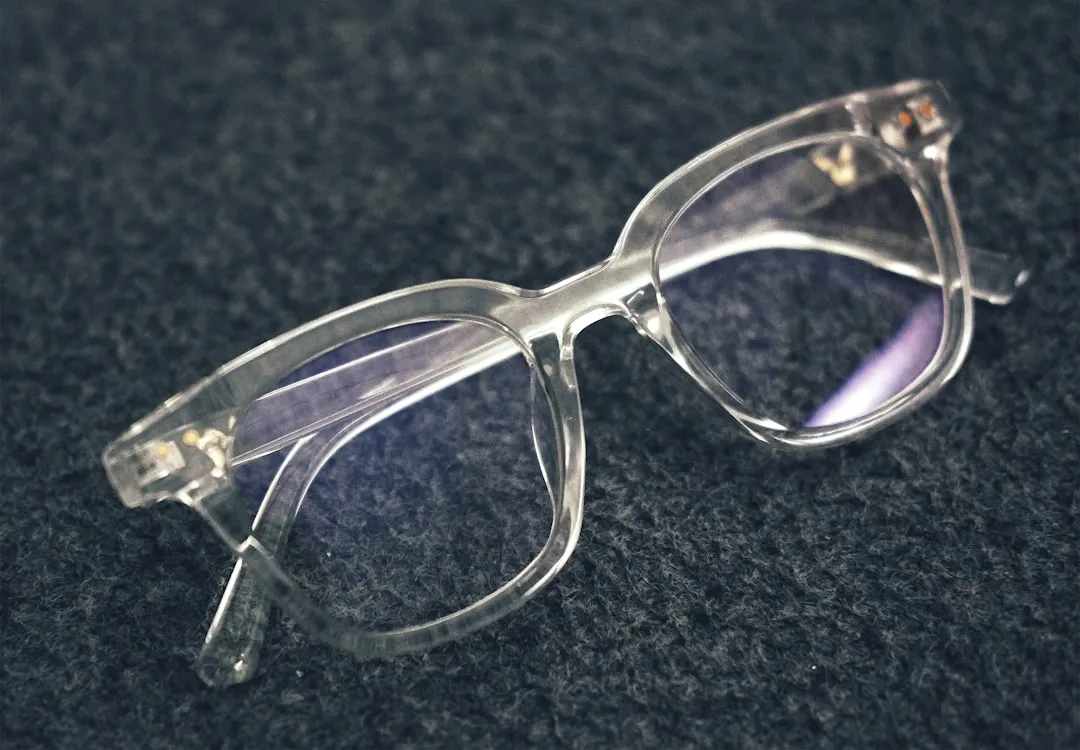


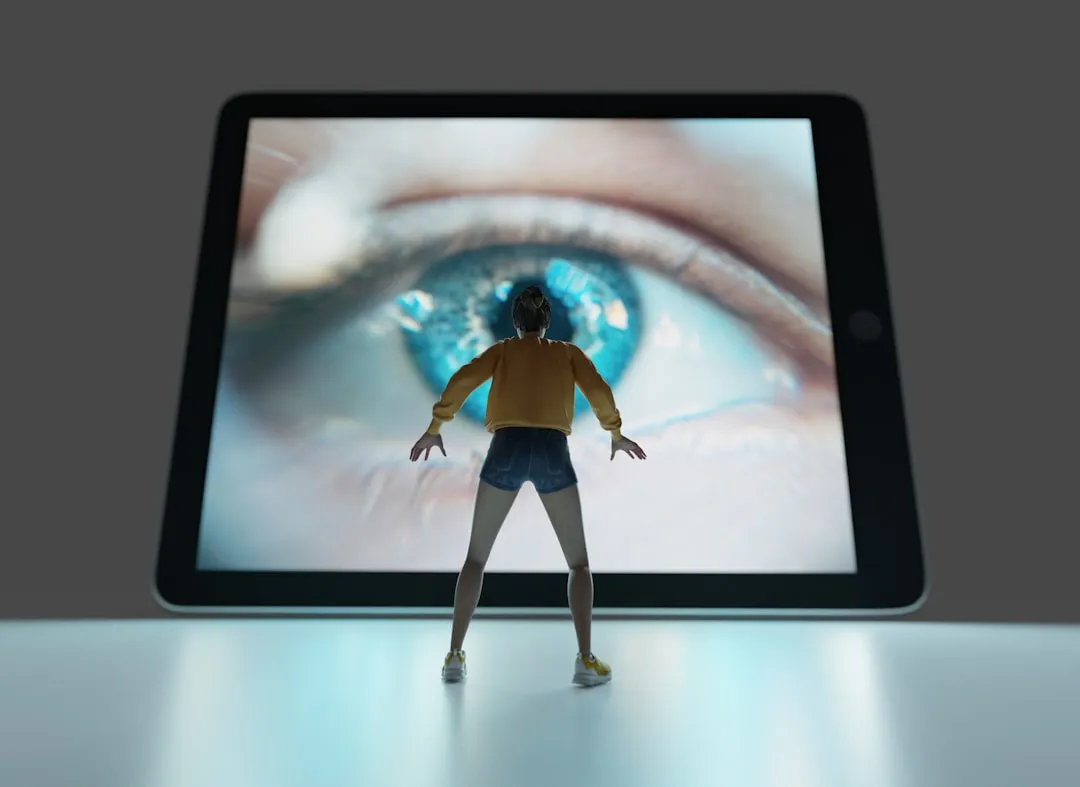
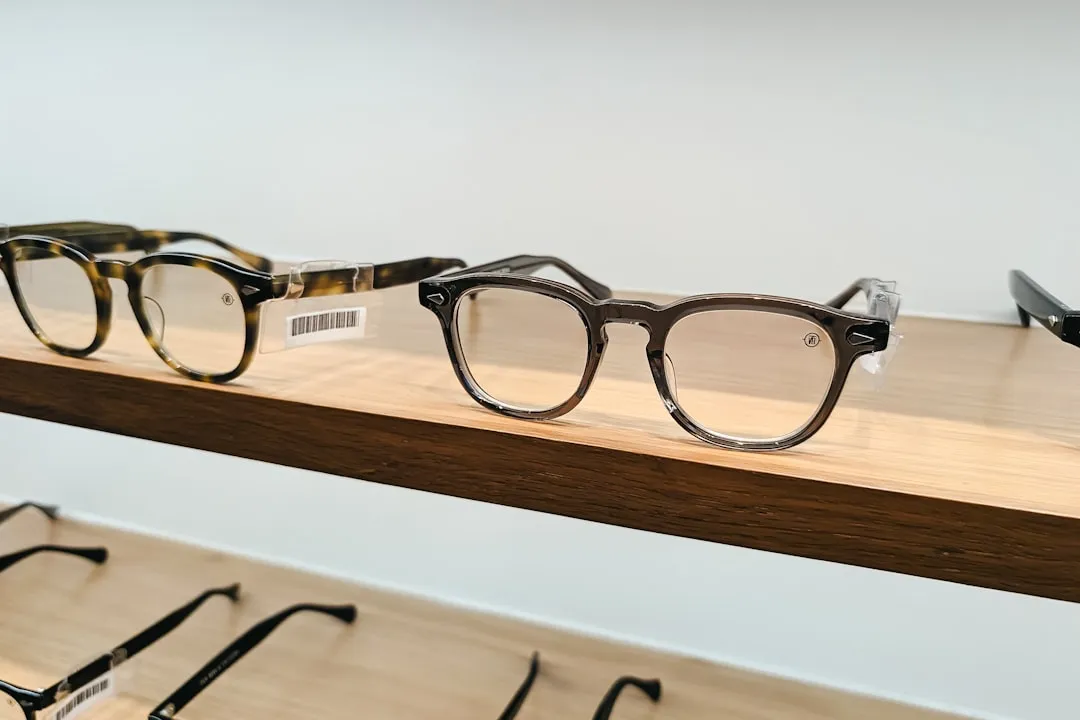
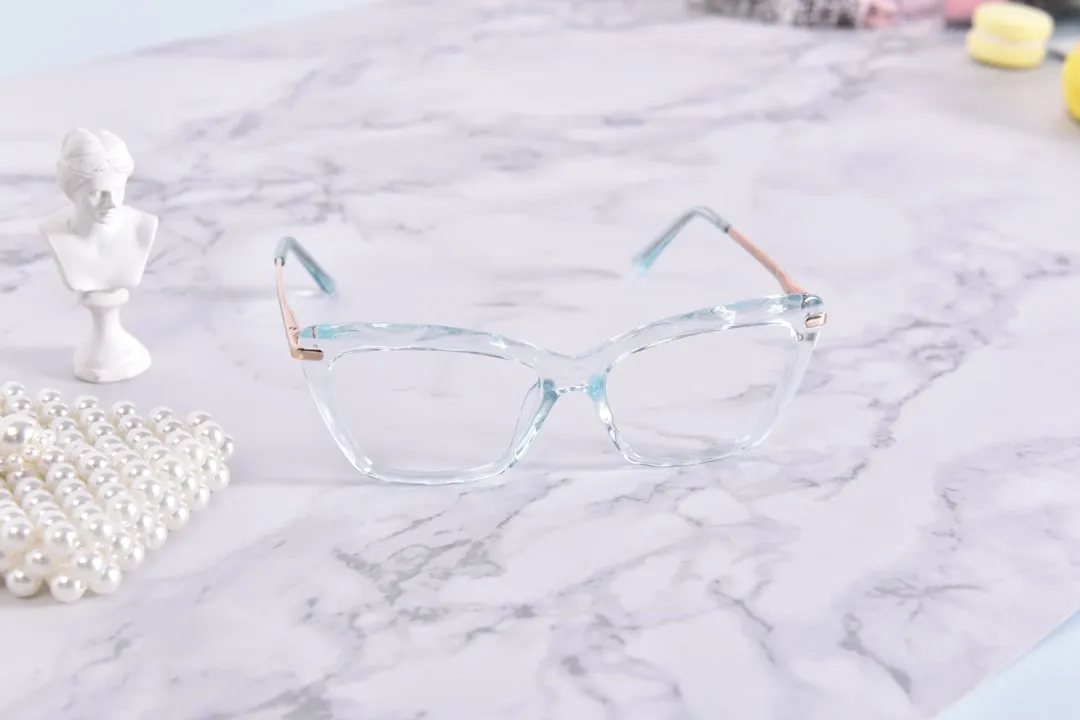
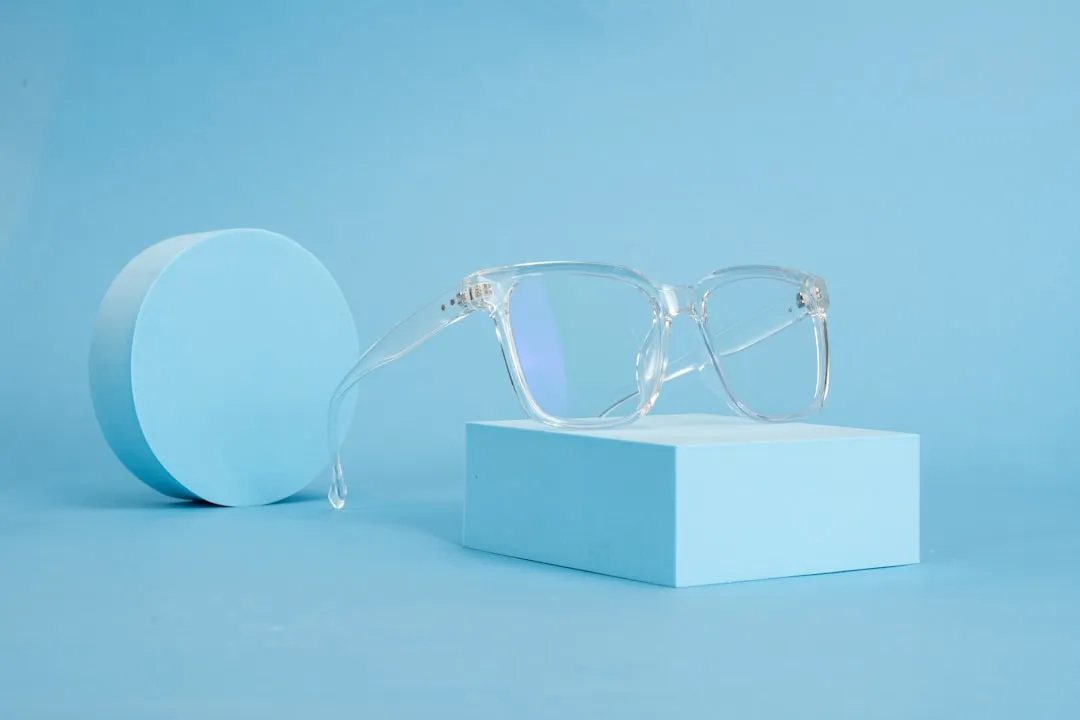
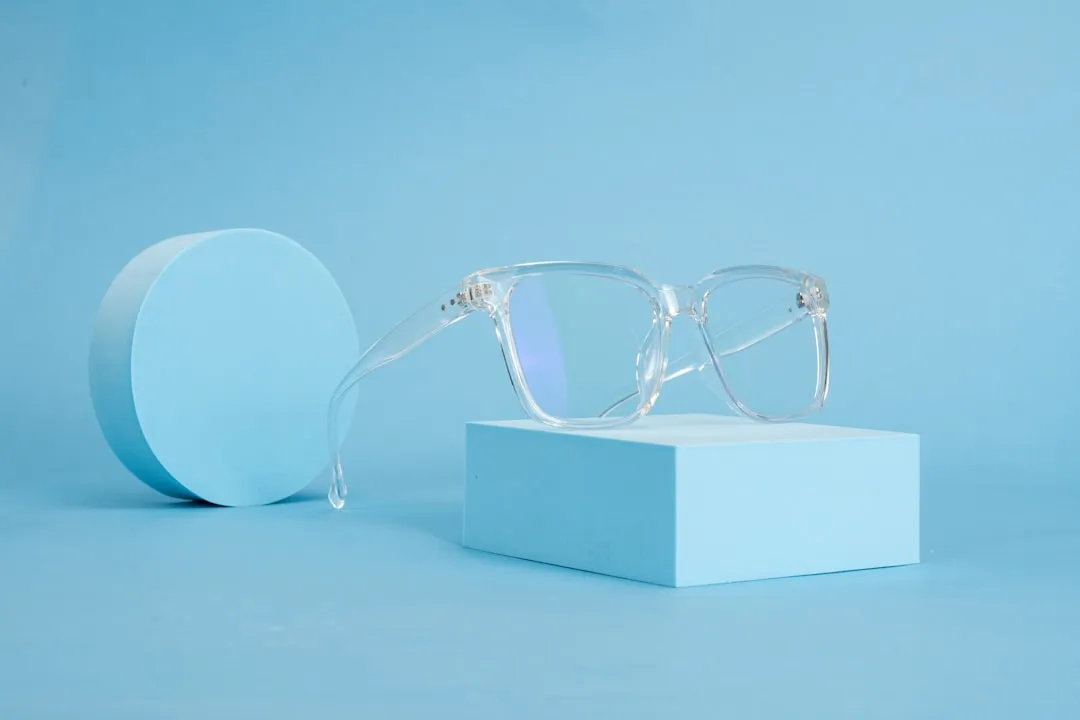

Comments
Be the first, drop a comment!